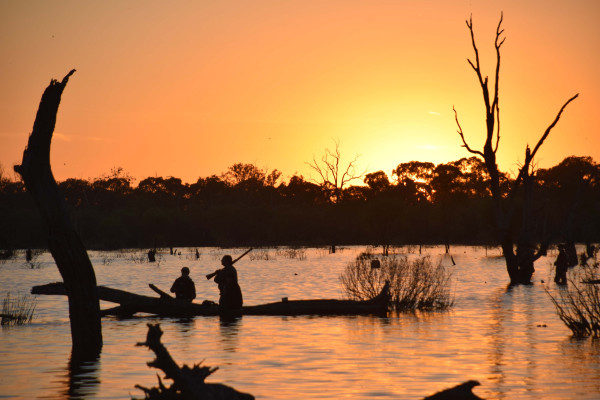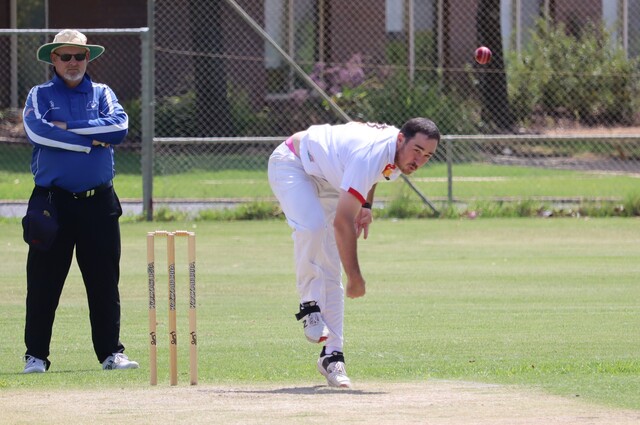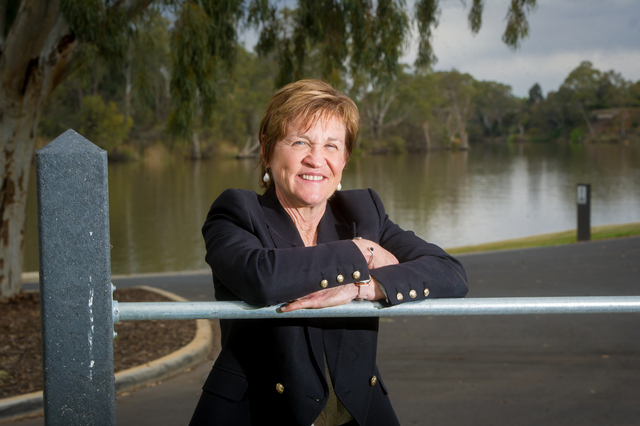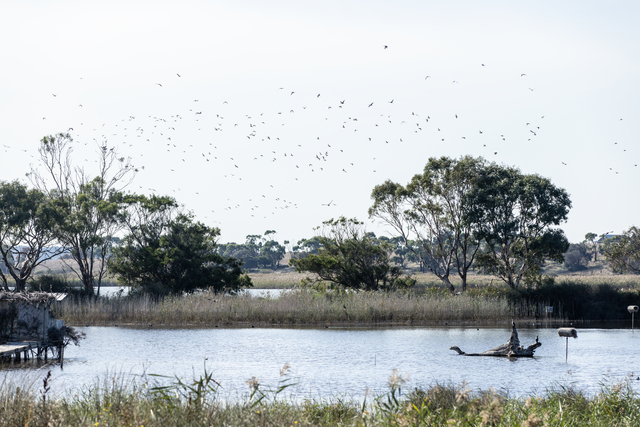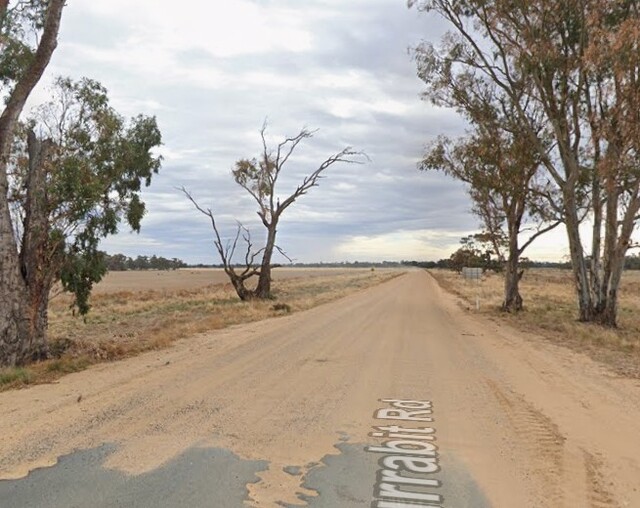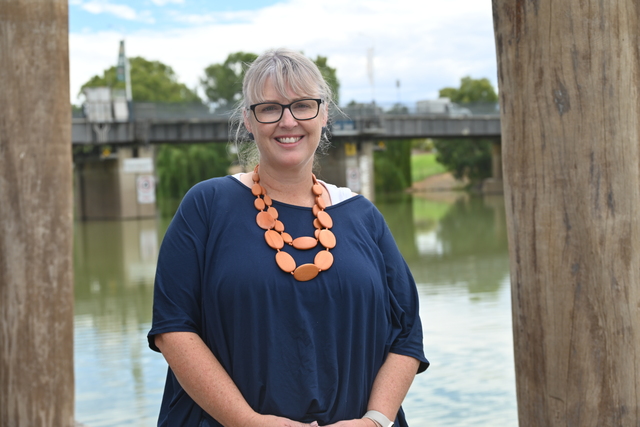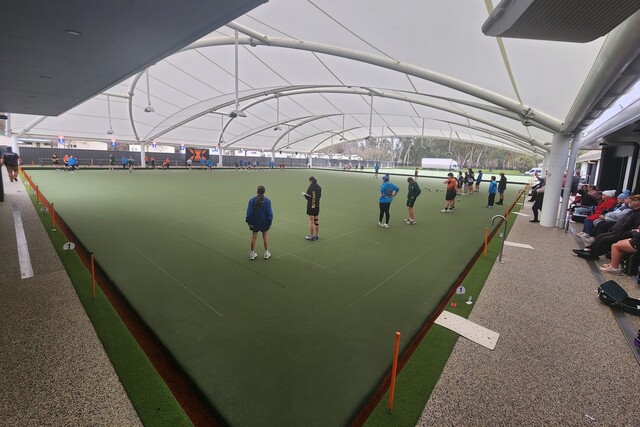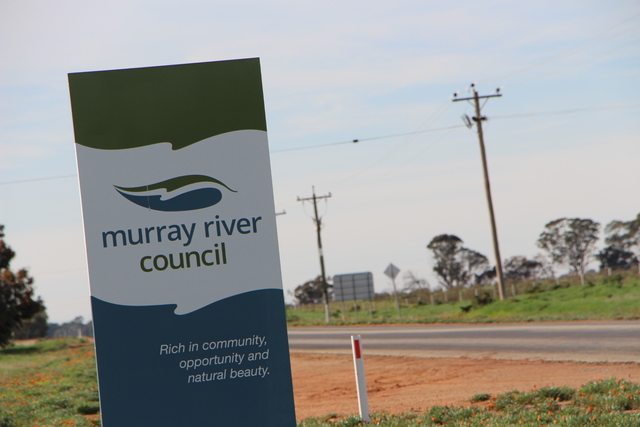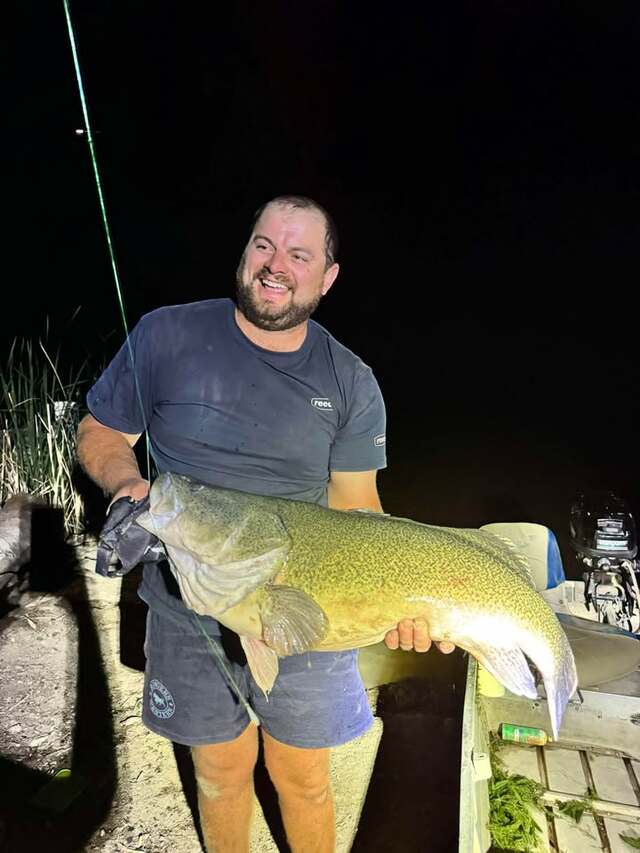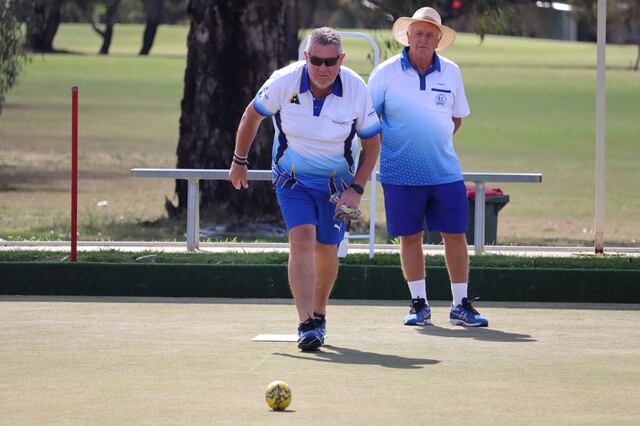A FIELD and Game Australia (FGA) spokesperson believes, if duck hunting is banned, “wetlands will degrade at best, and most likely disappear”.
FGA conservation and hunter manager Glenn Falla claimed that if there is no benefit for hunters to preserve wetlands, these ecosystems will cease to exist.
“You can guarantee the anti-hunting crowd won’t step in to preserve them if hunters stop,” Mr Falla said.
The FGA advertises itself as “Australia’s most surprising conservationists” and Mr Falla said his organisation has a 60-plus year history of preserving and improving wetlands.
By contrast, according to Mr Falla and his organisation, those against duck hunting “just roll out leading up to every season to beat their drums and get attention, then they move on to the next attention-grabbing topic”.
FGA oppose the use of “provocative terms like killing ducks, rather we hunt or harvest ducks” and outline the ways they ensure ethical hunting.
“We accommodate our members’ training with WIT training prior to testing, we promote best practice, assist Game Management Authority in delivering masterclass education and proficiency testing, assist working groups to advocate responsible behaviours and accommodate practice at our clay target grounds to keep hunters’ skills and ability high,” Mr Falla said.
“A common misconception is that hunting is done for sport.
“Hunting is an outdoor pursuit designed to put food on the table and is therefore referred to as a recreational pursuit or outdoor activity.
“Every hunter’s goal is to dispatch our intended harvest as quickly and humanely as possible, we also use and encourage the use of retriever dogs to ensure animals are recovered as quickly as possible as part of our retrieval plan.”
Mr Falla said all duck hunters use the few birds they harvest for food, although duck rescuer Kate Bossence said she had previously rescued 500 birds from one wetland – Lake Murphy – in a season.
“It’s actually written into the regulations that all ducks taken must at a minimum have the breast meat taken for consumption, but hunters will generally take the full bird,” Mr Falla said.
Ms Bossence, who is a member of Regional Victorians Against Duckshooting, has been rescuing injured birds for 26 years and wants the duck hunting season cancelled once and for all.
She previously raised concerns that duck hunting continued on Ramsar-listed wetlands, which Mr Falla countered by saying that the convention “actually insists that their wetlands continue ‘wise use’ which includes hunting and harvesting gamebirds and controlling pests”.
She said in previous Lake Murphy seasons, up to 500 birds have been rescued from the water and shoreline.
“They weren’t just ducks and they also included protected species like freckled ducks – one of the world’s rarest ducks,” Ms Bossence said.
“Hunters have no respect for this land and the beautiful birds.
“Of the few that pick up and eat the birds, only a handful do the right thing and bury the remains.
“I’ve seen ducks with shattered bills and wings running for their lives, I’ve seen animals strangled and swung around by the neck.”
The emotive issue brings out lots of debate, but Mr Falla said anyone who eats meat should not have a problem with hunting.
He also claims animal rescuers “inhibit” the ability to recover animals and “prolong (their) unfortunate suffering”.
RSPCA chief executive Dr Liz Walker said previously there was “clear scientific evidence” that the duck hunting season should not proceed.
“Victorians want to see decisions made on science and evidence that will ultimately stop the unnecessary suffering of Victoria’s ducks,” Dr Walker said.
“Using a wounding rate of 26 per cent and comparing this to the reported total harvest figure of 238,666 from the 2019 season (as the 2020 season was impacted by COVID-19), this would mean that over 62,000 ducks were wounded and not killed outright in the 2019 season.
“The 2021 Aerial Survey of Waterbirds in Eastern Australia reports that game species abundances were well below long-term averages with six out of eight native game species showing significant long-term declines.
“Total waterbird abundance is the third lowest in 39 years.
“In particular, grey teal, Australasian shoveler and Australian wood duck numbers have been declining for many years.”
The Pacific black duck, chestnut teal, hardhead and pink-eared duck abundances have declined since 2020.
“RSPCA Victoria’s recent submission to the Game Management Authority strongly recommended cancelling the 2022 duck hunting season due to inevitable suffering of native ducks; long-term declines in game bird species abundance; climate outlook data and predicted rainfall unlikely to relieve long-term deficits, and; community concern for the welfare of native ducks.”

